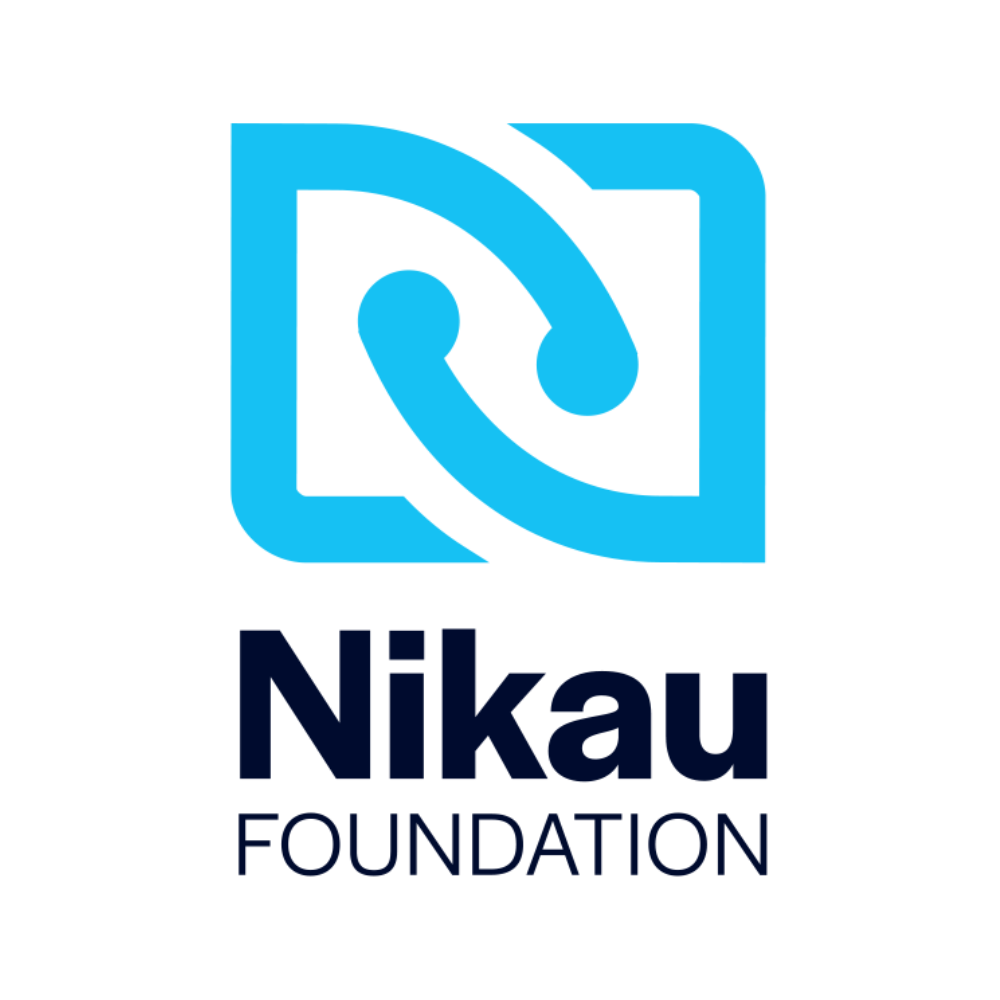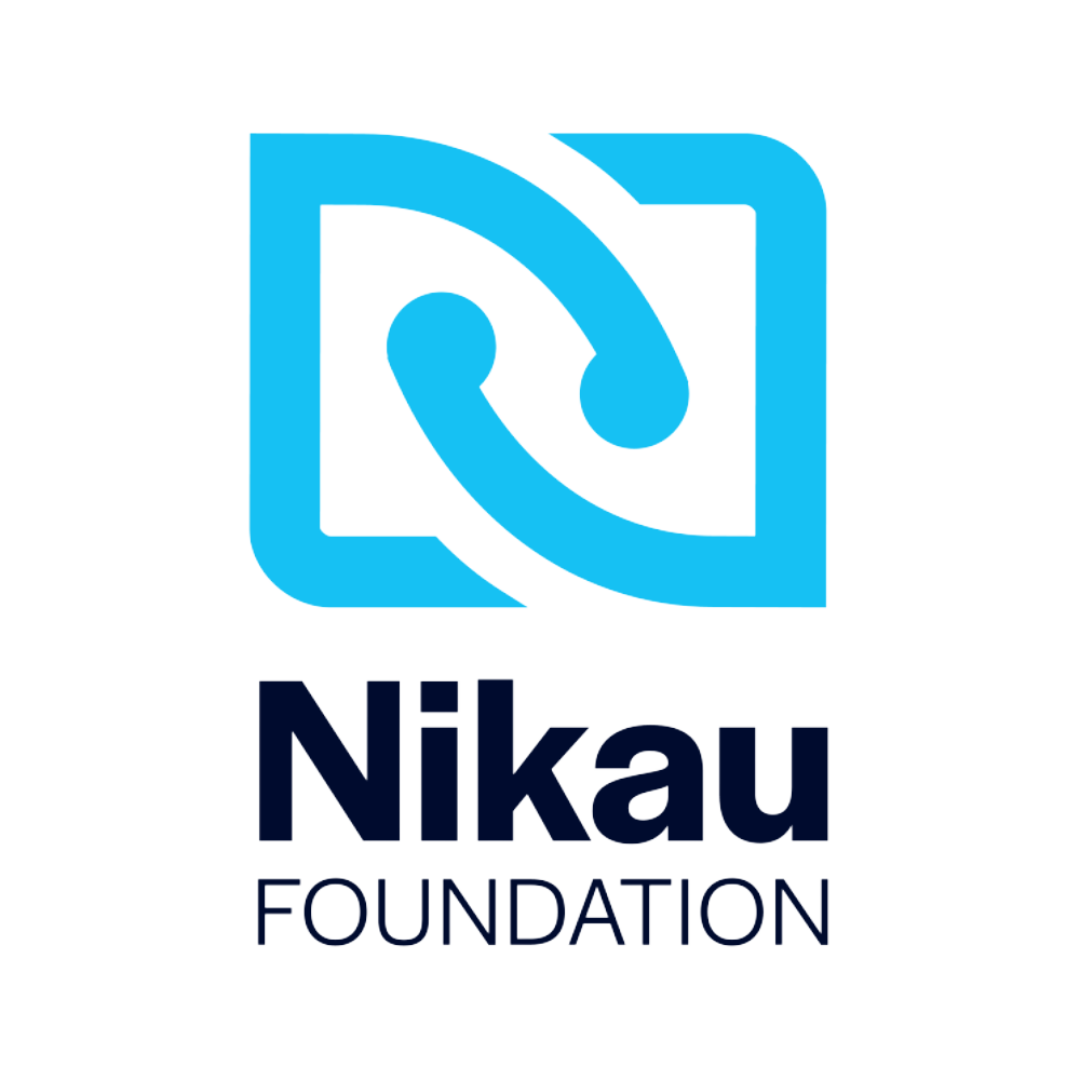Innovative local solutions to address food insecurity
Kaibosh Food Rescue. Image credit: Renate Bijholt.
On a lot adjacent to Wellington Hospital, volunteers connect their hands with soil as they return onion skins and food scraps to the earth. In a warehouse in Masterton, donated groceries are unpacked and displayed ready for pick-up. In Porirua, a group of rangatahi (young people) code software updates to expedite the delivery of food parcels. In Aro Valley, locals reap the rewards of crops grown on unused urban green space.
100 years ago, community food support may have only been associated with lines snaking out of soup kitchens. In the 21st century, addressing food insecurity has produced a range of innovative, varied and hyper-local solutions that are anchored with manaakitanga (generosity/caring for others), collaboration and people power.
A growing issue
According to a 2024 United Nations report, while food insecurity has decreased worldwide, it has increased by 6% in Aotearoa New Zealand over the last 9 years. Locally, this continues to be felt widely, with many for-purpose organisations noting a growing demand for their services.
“The need for Kaibosh [rescued food] is increasing,” says Kaibosh Food Rescue Chief Executive Susie Robertson. “Our charity partners are reporting increased need due to the cost of living and are seeing more people, including those they haven’t seen for a while or new clients – even double-income families, who are struggling to put food on the table.”
“Times are tough economically,” says Waiwaste Food Rescue Manager Victoria Ross. “Our dollar isn’t stretching as far as it used to. Here at Waiwaste, we are very proud that we can offer some relief to people who are struggling.”
Waiwaste volunteers.
Encouraging circular food systems
With needs escalating, locals are leaning in and finding innovative ways to support their community while minimising food waste and increasing accessibility. For Koha and Kaha Founder Pera Barrett, embracing technology provided an exciting opportunity to engage youth and create efficient pathways for food distribution.
Designed and project managed by youth, the online distribution platform (named Koha Tree) aims to efficiently connect excess food with communities in need. “We’ve been able to work with rangatahi to help them co-design this solution,” says Pera. “Rangatahi capability development and kai insecurity are huge issues for our community, so it was a win-win.” Currently piloting with Kaibosh, Koha and Kaha soon hope to work alongside Ngāti Toa to direct excess food from cafés and restaurants to their Porirua-based pātaka kai (community food pantry).
In Masterton, Waiwaste is also encouraging a more effective, circular food economy. “Our mission is simple – to keep food out of landfills and in tummies,” says Victoria. In the 5 years they have been collecting, sorting and redistributing food to locals in need Waiwaste has saved over 830,000 kg of food, supplied over 2 million meals and reduced 1.9 million kg of carbon emissions. “Food waste has a huge environmental, social and economic impact on our society, and Waiwaste is proud to provide an environmental AND a social service.”
The power of people
To make a meaningful impact, investing in people and volunteer power remains an important priority. “Our people are central to delivering our mission,” says Kaicycle Incorporated Treasurer Carol Bourne.
Established in 2015, Kaicycle’s goal is to build community resilience and aid sustainable food production through localised composting and urban farming initiatives. “Our overarching goal is to see urban farms and compost hubs in every suburb in Wellington,” says Carol. A recent project, Pukehīnau Kai Growing Hub, located in front of Aro Valley’s Pukehīnau Flats, is Māori led and uses hua parakore (traditional organic growing) approaches to grow organic food, feed local residents and share skills.
Acknowledging the role that people play in Kaicycle’s mahi (work), Nikau was delighted to support manager wages. “The funding has been essential to enable Kaicycle to deliver and expand our services,” says Carol.
Mana-enhancing food support
From Sunday to Wednesday, locals of all backgrounds ascend the stairs at Everybody Eats’ Dixon Street premises. They’re met with a smile by one of their many volunteers, seated within minutes and are quickly served the starter for that day. The meals provide an opportunity for nourishment and social connection in a safe, manaenhancing (dignity preserving) and non-judgemental setting. At the end of the evening, koha is encouraged but not compulsory. This inclusive ‘pay-as-you-can’ model is designed to remove barriers so that, no matter an individual’s circumstances, they can enjoy the kai and connection that Everybody Eats offers.
Like Kaicycle, the success of Everybody Eats’ programme lies with its people – those volunteering their time to greet, serve and talk with guests and paid staff like chef Alicia, who expertly plan, design and execute a menu using rescued food. “Our point of difference in the food rescue and food insecurity space is the skills and expertise of our chefs,” says Everybody Eats General Manager Amy Tewes. “With the help of volunteers, [they] transform discarded food into incredible restaurant-quality three course meals served in a dignified environment.”
Dignity is also central to the work of Kura Kai – an initiative started during the COVID-19 lockdown. Noting the high demand for support, Kura Kai was launched to provide rangatahi and their families with home-made frozen meals. Now 4 years into their journey, Kura Kai Porirua’s volunteers keep freezers stocked up to support families of students at Mana, Porirua and Bishop Viard Colleges and Te Kura Māori o Porirua.“There is a still a lot of stigma around kai and kai insecurity, but through manaakitanga and the concept of whānau cooking for whānau, we are breaking that down,” says Kura Kai General Manager Marie Paterson.
Like any complex issue, there is no one solution to solve food insecurity in our communities. It takes a range of solutions – to support current needs and build future resilience, to create sustainable food systems and reduce food waste, to educate and build key skills and to break down the stigma of needing a hand.
Download our 2024 Impact Report
Featuring almost 50 voices from accross the for-purpose sector - from volunteers to donors, funders to people on the front lines, founders to for-purpose organisations - Nikau’s 2024 Impact Report shares stories of impact and generosity from accross Te Upoko-o-te-Ika-a-Maui, the Greater Wellington region, funding and philanrthopy trends and key mahi to grow generosity to support the people and places of our region.




